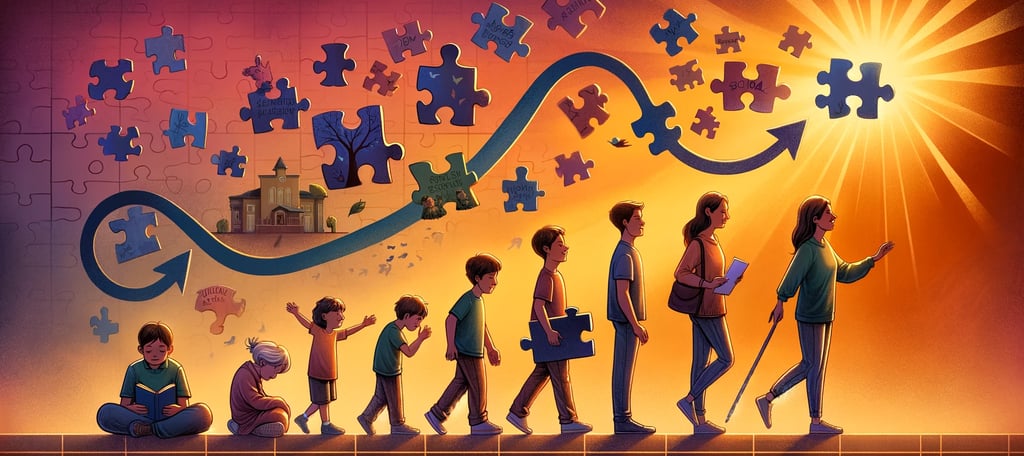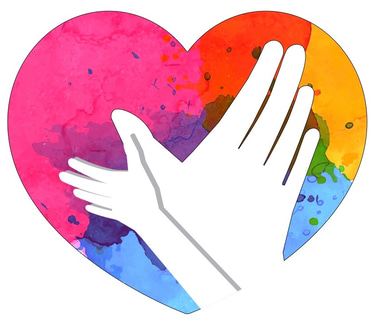The Cure for Autism: Myths, Realities, and the Path to Acceptance
In the search for answers and solutions to autism, it is common to encounter a mix of information, from promises of miraculous cures to discredited theories. But what do we really know about autism and the possibilities of a "cure"? It's time to unveil myths, embrace realities, and walk together towards a future of acceptance and understanding.


Demystifying the 'Cure':
When we talk about autism, we refer to it as a neurodivergent condition, meaning it's a natural variation of the human brain. This condition is characterized by a diverse range of experiences and ways of interacting with the world around us. The autism spectrum includes a wide variety of skills, challenges, and perceptions that significantly differ from neurotypical ones, which is not indicative of defects or diseases that need curing.
The quest for a "cure" for autism has been a subject of controversy and misunderstandings. This approach implicitly suggests that autism is a condition that must be eliminated or corrected, which not only devalues the identity and experiences of people on the spectrum but also overlooks the richness and diversity they bring to our society. At Little Smile Behavioral, our philosophy is centered on support, understanding, and acceptance. We recognize and celebrate differences, working towards integration and improving the quality of life for people with autism, rather than seeking to eliminate a fundamental aspect of their being.
Early Intervention:
Early intervention in children with Autism Spectrum Disorders (ASD) is crucial and has a solid evidence base proving its effectiveness. These interventions are designed to leverage the neuroplastic development of the child's brain, meaning that in the early years of life, the brain has a greater capacity to learn and adapt, making it an optimal time for intervention.
Proven Effectiveness of Early Intervention
Studies have shown that early interventions can significantly improve cognitive, linguistic, and social development in children with ASD. Early intervention programs that are personalized and include speech therapy, occupational therapy, and social skills training can lead to notable improvements in communication skills, behavior, and social interaction in children.
A key aspect of early intervention is that it focuses not only on the child but also on the family. Empowering families to better understand autism and how to effectively interact with their child can have a lasting impact on the child's emotional well-being and development.
Long-Term Impact
Research suggests that children receiving early interventions can show improvements in IQ, linguistic abilities, and social adaptability. Some studies have found that children participating in intensive early intervention programs can enhance their development to the point of integrating into regular educational settings, highlighting the potential of these interventions to positively alter the development trajectory of children with ASD.
The Window of Opportunity
The "window of opportunity" for early intervention is deemed critical during the early years of a child's life. During this period, the child's brain is more receptive to learning and change. This doesn't mean that learning opportunities end after a certain age, but early intervention can lay a solid foundation on which future skills and abilities can be built.
How Little Smile Behavioral Contributes
At Little Smile Behavioral, we offer evidence-based ABA therapies and create a supportive and understanding environment for families. We recognize that every child is unique, and we customize our interventions to meet their individual needs. Our dedicated team of professionals works closely with families, guiding them every step of the way towards skill development, independence, and social inclusion.
Walking Towards Acceptance
Beyond myths and realities, the path towards acceptance is fundamental. At Little Smile Behavioral, we promote a world where neurodiversity is not just understood but celebrated. We recognize the importance of educating the community, breaking down social barriers, and advocating for inclusive and respectful environments.
Join Our Mission
If you or someone you know is seeking support for a child with autism, we are here to help. At Little Smile Behavioral, we believe in a compassionate and science-based approach to supporting each child's development. We invite families to learn more about our therapies and services, and to join us on this journey towards acceptance and unconditional support.
Together, we can make a significant difference in the lives of children with autism and their families.


